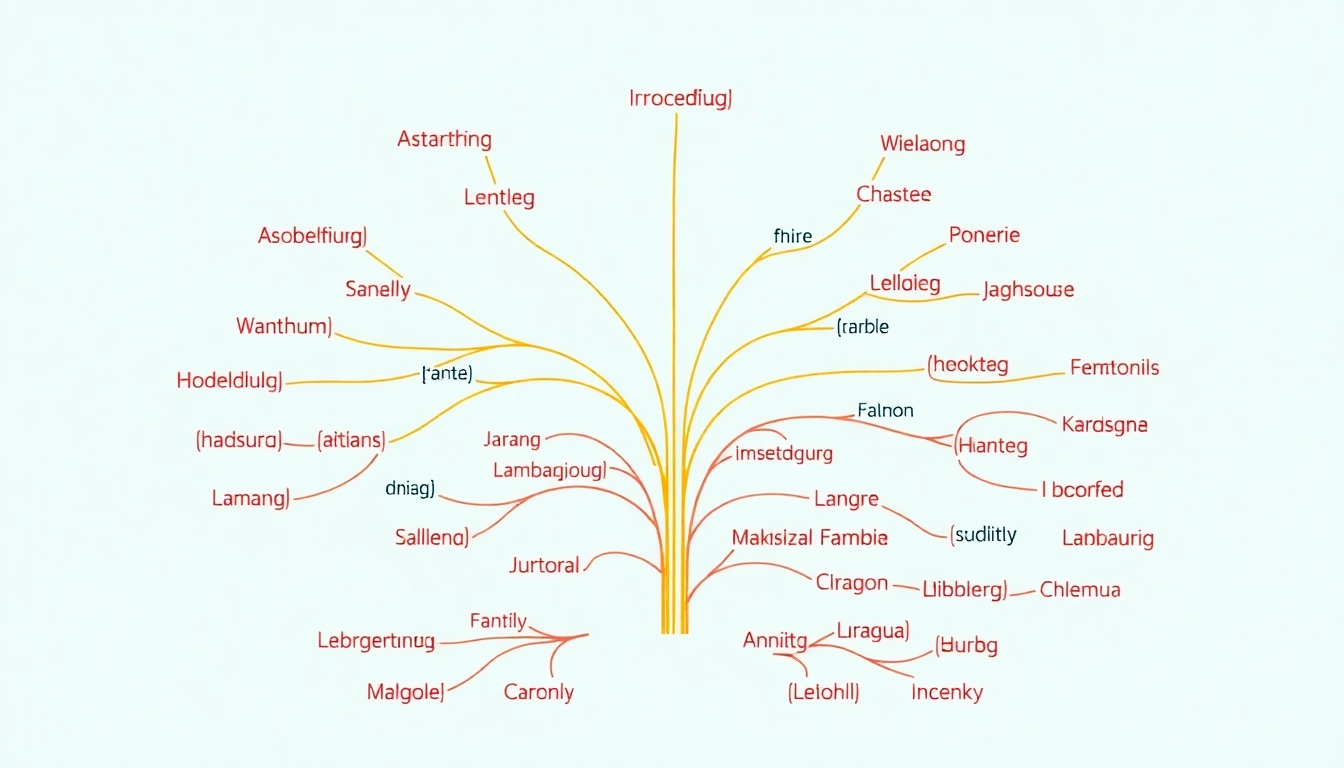Understanding NVQ Level 7 in Senior Construction Management
What is NVQ Level 7?
The National Vocational Qualification (NVQ) Level 7 is designed for senior practitioners in the construction management sector. It is equivalent to a Master’s Degree, focusing on providing the knowledge and skills necessary to manage complex projects and lead teams effectively. This qualification emphasizes understanding key principles in construction management and the ability to apply these principles in real-world scenarios.
Importance of NVQ Level 7 in Career Advancement
Achieving an NVQ Level 7 is a significant milestone for professionals looking to enhance their career prospects in construction management. This qualification not only boosts credibility but also significantly increases earning potential. Holding a Level 7 qualification opens doors to senior roles, allowing individuals to tender for more lucrative contracts and take on higher responsibilities in projects. Professionals with this qualification are often favored for strategic positions within organizations.
Core Competencies Covered in NVQ Level 7
The NVQ Level 7 qualification encompasses a wide range of competencies necessary for effective construction management. Some core areas include:
- Leadership and management of construction projects.
- Strategic planning and resource management.
- Health and safety management.
- Financial management and budget control.
- Understanding of legal and environmental regulations in construction.
- Effective stakeholder engagement and communication.
Examining Common Challenges in NVQ Level 7 Assessments
Frequent Questions Encountered
While pursuing NVQ Level 7, candidates often face various assessment questions that test their knowledge and practical application. Common areas of concern include:
- Understanding and interpreting complex regulations and standards.
- Demonstrating leadership skills in hypothetical scenarios.
- Providing evidence of managing financial resources effectively.
It is essential to approach these questions with a clear structure, providing relevant examples where possible that showcase practical application in real-world situations.
Best Practices for Answering Assessment Questions
To excel in NVQ Level 7 assessments, consider embedding the following best practices into your responses:
- Be concise but thorough in your explanations.
- Use industry-related terminology appropriately to demonstrate understanding.
- Support answers with relevant case studies or personal experiences.
- Address all parts of the question to ensure comprehensive responses.
- Review your work for clarity and coherence.
Leveraging Industry Examples
Integrating real-life examples from your experience can significantly enhance the quality of your answers. For instance, if the question relates to managing health and safety in a project, describe a specific instance where you encountered a challenge and how you addressed it. Not only does this showcase your practical knowledge, but it also allows assessors to see your hands-on experience in action.
Key Components of NVQ Level 7 Answers
Required Documentation and Evidence
During the assessment process, candidates must provide accurate and relevant documentation to support their claims. This includes:
- Project reports highlighting your leadership role.
- Feedback or testimonials from previous projects.
- Certificates from training sessions relevant to management practices.
- Records of meetings with stakeholders.
Providing clear and organized evidence can significantly impact the assessment result, showcasing your ability to manage projects effectively.
Formatting and Presentation Guidelines
Clarity in presentation is crucial when submitting your assessment. Follow these guidelines to ensure your report is well-received:
- Use a professional layout with headings and subheadings for easy navigation.
- Keep paragraphs concise; avoid long blocks of text.
- Utilize bullet points for lists to enhance readability.
- Ensure proper referencing of any sources cited in your responses.
Ensuring Assessor Compliance
Understanding your assessors’ expectations is vital. Regularly review the assessment criteria, and if possible, seek feedback on draft submissions. Consistent communication with your assessor can clarify ambiguities and reinforce compliance with the expected standards.
Resources and Tools for NVQ Level 7 Preparation
Online Platforms for Study Materials
Various online platforms offer comprehensive resources to prepare for NVQ Level 7 assessments. Websites like NVQ level 7 senior construction management answers, provide structured materials to guide through each unit effectively. Utilize these resources for both self-study and aligned preparation.
Recommended Textbooks and Guides
Investing in reputable textbooks can offer deeper insights into advanced construction management concepts. Some recommended texts include:
- Construction Management: Principles and Practice by Alan Griffith.
- Project Management for the Construction Industry by Ralph C. H. Harty.
- Health and Safety in Construction by Richard H. Wright.
Networking Opportunities and Study Groups
Joining professional bodies or forums can significantly enhance your learning. Engaging with peers through networking events or study groups provides opportunities for sharing knowledge, discussing challenges, and accessing diverse insights that aid in your professional development.
Continuing Your Professional Development Beyond NVQ Level 7
Further Qualifications in Construction Management
After completing the NVQ Level 7, consider pursuing additional qualifications such as a Master’s in Construction Management, PMP Certification, or specialized courses in areas like sustainability in construction or advanced project management techniques. These qualifications can further strengthen your expertise and marketability.
Career Paths Following NVQ Level 7
Graduates of NVQ Level 7 can explore various career paths within the construction sector. Potential roles include:
- Construction Project Manager
- Senior Site Manager
- Health and Safety Manager
- Quantity Surveyor
These positions often lead to senior leadership roles where strategic decision-making and project oversight are critical.
Long-term Benefits of Advanced Qualifications
Pursuing advanced qualifications not only improves job prospects but also contributes to professional growth and enhances leadership capabilities. In a competitive industry, holding advanced qualifications distinguishes individuals as leaders who can navigate complex projects while adhering to safety and quality standards.



